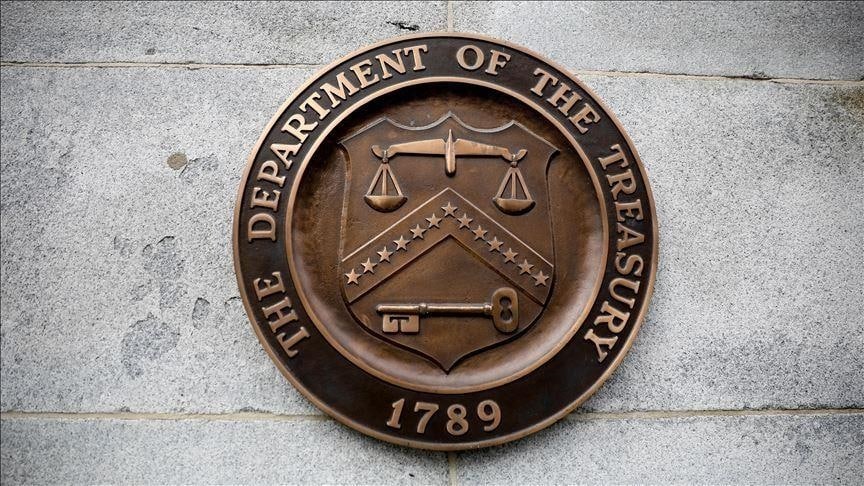
Decentralized finance, or DeFi, is an emerging industry that has the potential to revolutionize the financial landscape by removing intermediaries and enabling financial transactions to be conducted directly between individuals through blockchain technology. However, as with any new and rapidly evolving industry, there are risks associated with DeFi that need to be carefully analyzed and managed.
The US Treasury Department recently published a report titled “Decentralized Finance: A Framework for Assessing Risk and Opportunities,” which examines the risks and opportunities associated with DeFi. The report provides a comprehensive overview of the DeFi industry and identifies key areas of risk, as well as potential benefits.
One of the primary risks associated with DeFi is the potential for smart contract vulnerabilities. Smart contracts are self-executing computer programs that are the backbone of DeFi protocols. However, if a smart contract contains a bug or is hacked, it can result in significant losses for users of the protocol. The report notes that the risk of smart contract vulnerabilities is compounded by the fact that many DeFi protocols are open source, meaning that anyone can review and modify the code. While open source code can be beneficial for transparency and collaboration, it also increases the risk of code vulnerabilities.
One could argue that many DeFi protocols have rigorous testing and auditing processes in place to identify and mitigate any potential vulnerabilities before they can be exploited. Additionally, while open source code does increase the risk of code vulnerabilities, it also allows for a larger community to review and identify any potential issues, ultimately leading to a more secure and transparent system. Moreover, the use of smart contracts in DeFi reduces the need for intermediaries, resulting in lower transaction costs and increased efficiency, making it a viable option for individuals who do not have access to traditional financial services.
Another risk identified by the report is the lack of regulatory oversight. DeFi protocols operate in a largely unregulated environment, which can create uncertainty for users and potentially expose them to fraud or other forms of misconduct. Additionally, the lack of regulatory oversight can limit the ability of law enforcement to investigate and prosecute criminal activity in the DeFi space. The lack of regulatory oversight in DeFi creates uncertainty for users and limits law enforcement’s ability to investigate criminal activity. However, it also fosters innovation and self-regulation measures by DeFi protocols to ensure user safety. A balance between innovation and regulation is necessary for the growth and development of the industry.
The report also notes the potential for market manipulation and liquidity risks. DeFi protocols often rely on liquidity pools, which are pools of funds that users can contribute to in exchange for a share of the pool’s profits. However, if a large number of users withdraw their funds at once, it can create liquidity problems and potentially trigger a market crash. Additionally, the lack of regulation in the DeFi space can create opportunities for market manipulation and insider trading. However, many protocols have implemented measures to address these issues, such as automated market makers and circuit breakers. While the lack of regulation does present risks, the transparency of blockchain technology can make it easier to identify and prevent such activities. The benefits of decentralized finance, including increased accessibility and transparency, should not be overshadowed by potential risks.
Despite these risks, the report also highlights the potential benefits of DeFi. For example, DeFi can provide greater financial access to underserved populations, particularly in developing countries where traditional banking services may be limited or non-existent. DeFi can also facilitate faster and cheaper cross-border payments and reduce the need for intermediaries, which can lower transaction costs and increase efficiency.
The report concludes by outlining a framework for assessing the risks and opportunities associated with DeFi. The framework includes six key factors to consider:
- Technology and security
- Market and liquidity risks
- Regulatory and legal risks
- Operational and business risks
- Reputational risks
- Systemic risks.
By carefully considering each of these factors, stakeholders in the DeFi space can better understand the risks and opportunities associated with specific protocols and take steps to mitigate potential risks.
Overall, the US Treasury Department’s report provides a valuable overview of the risks and opportunities associated with DeFi. While there are certainly risks associated with this emerging industry, the potential benefits are significant. As the DeFi space continues to evolve, it will be important for stakeholders to carefully analyze and manage these risks in order to fully realize the potential of this innovative technology.